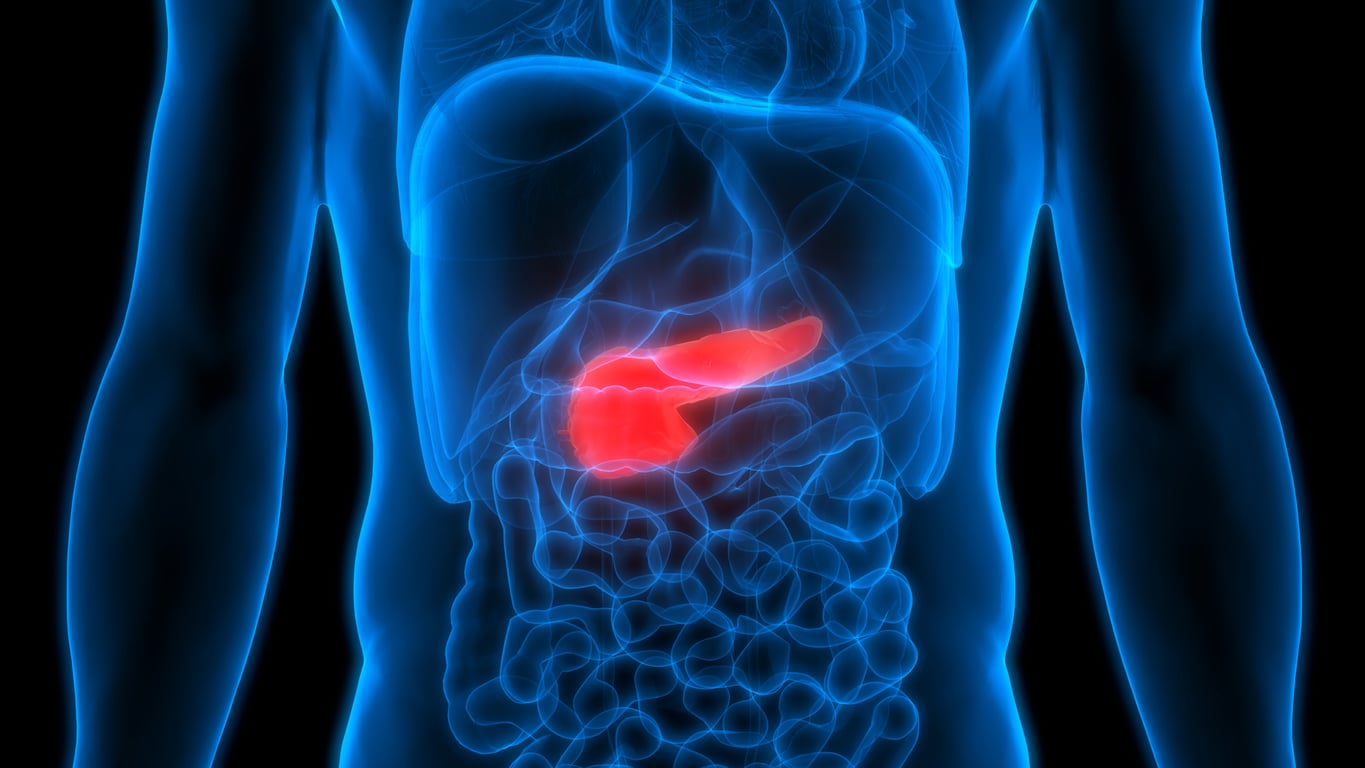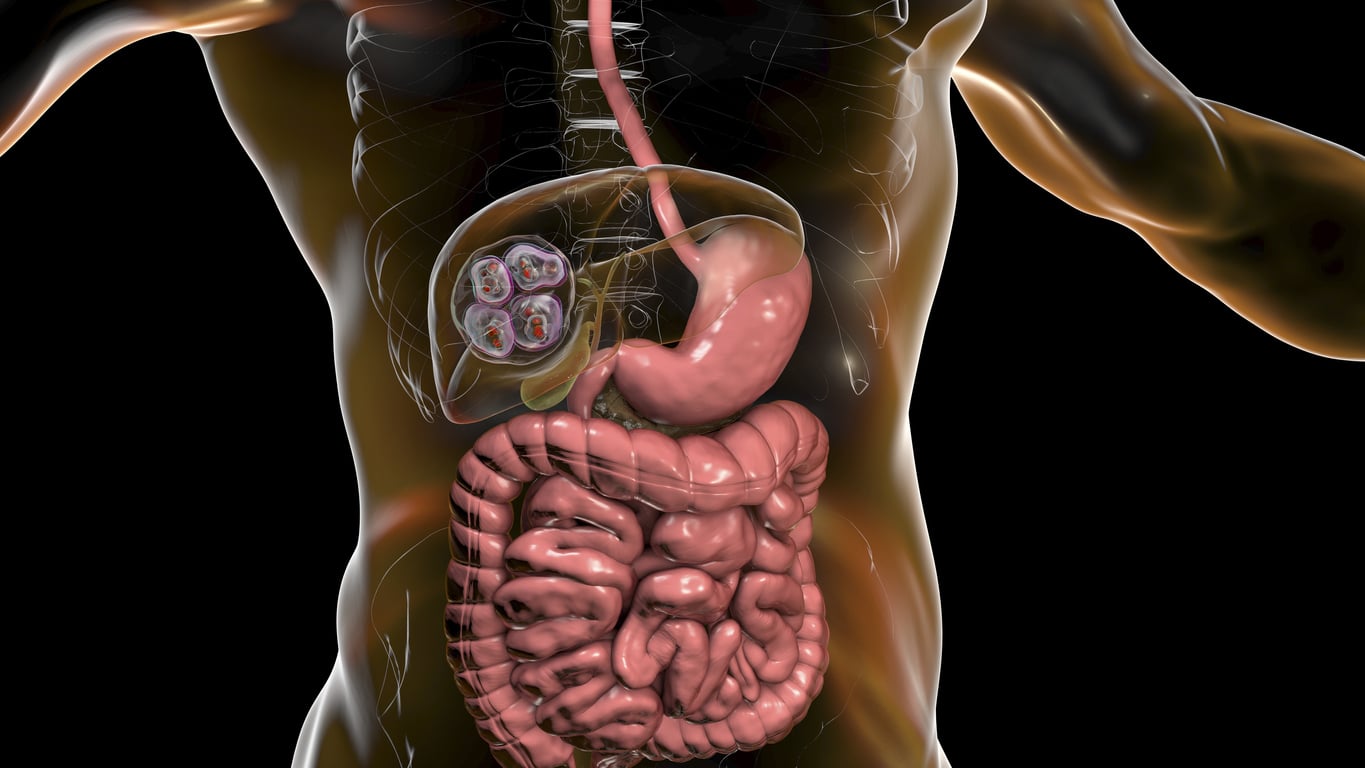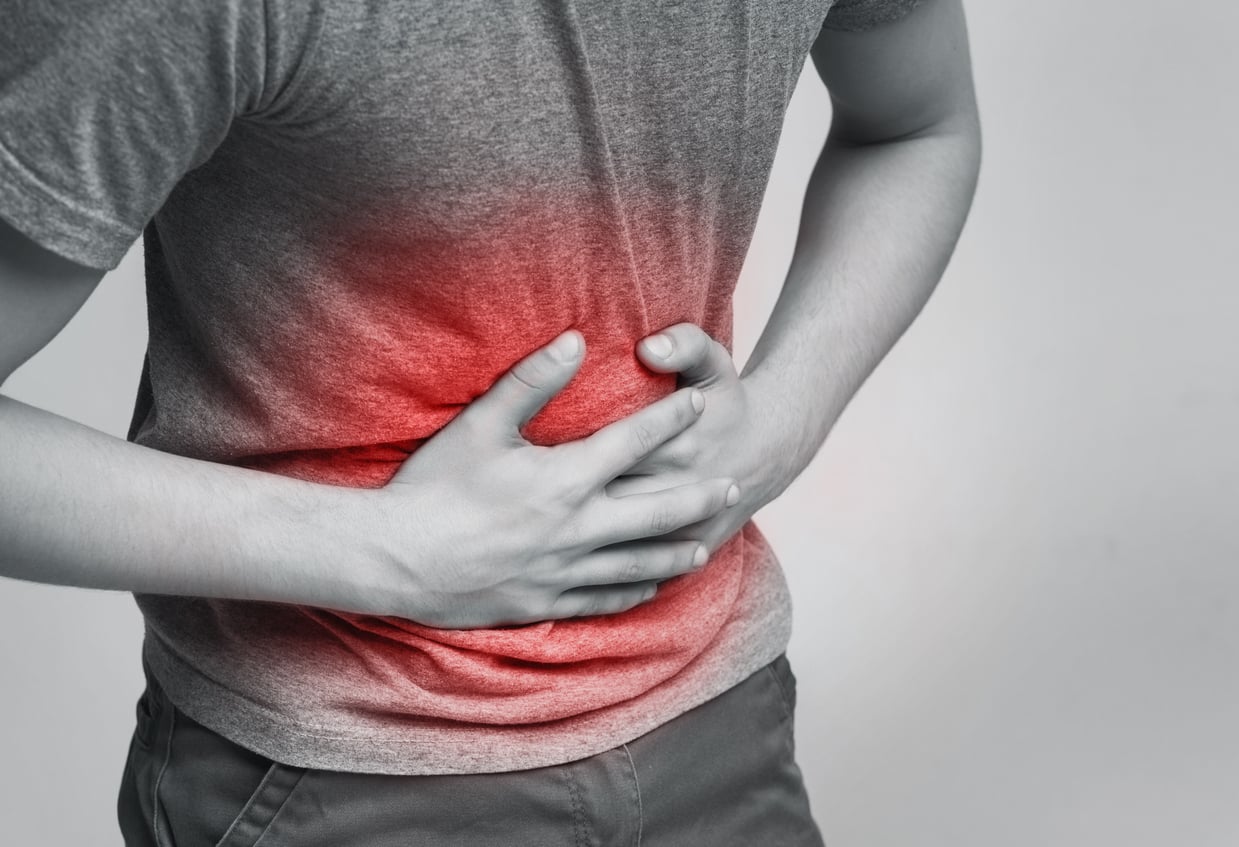10 Symptoms of Irritable Bowel Syndrome
Irritable bowel syndrome (IBS) is a disorder that affects the large intestine. IBS can be painful and uncomfortable, but it is not life-threatening. There are many possible causes of IBS, including stress, diet, and changes in gut bacteria. Some people with IBS may have a sensitivity to certain foods or medications.
Sudden and Severe Diarrhea
One of the most debilitating symptoms of irritable bowel syndrome (IBS) is sudden and severe diarrhea. This can be incredibly embarrassing and inconvenient, especially when it happens in public. The sudden onset of diarrhea can also lead to dehydration, as the body loses vital fluids and electrolytes. In severe cases, diarrhea can even lead to hospitalization.

Constipation
Constipation occurs when stool moves too slowly through the digestive system, resulting in hard, dry stools that are difficult to pass. For people with IBS, constipation can be extremely painful and may lead to bloating, gas, and cramping. In severe cases, constipation can also cause rectal bleeding and rectal prolapse.

Stomach Pains
Stomach pain is a common symptom of irritable bowel syndrome (IBS). The pain is often cramp-like, and it can be worse after eating. Stomach pain can also be accompanied by other symptoms, such as bloating, gas, diarrhea, and constipation. While the exact cause of IBS is unknown, it is thought to be related to a combination of factors, including stress, diet, and changes in gut bacteria.

Bloated Stomach
This feeling of fullness or tightness can be uncomfortable and may be accompanied by belching, flatulence, and abdominal pain. In some cases, bloating can also lead to nausea and vomiting. There are a variety of potential causes of IBS-related bloating, including gas build-up, constipation, and food sensitivities.
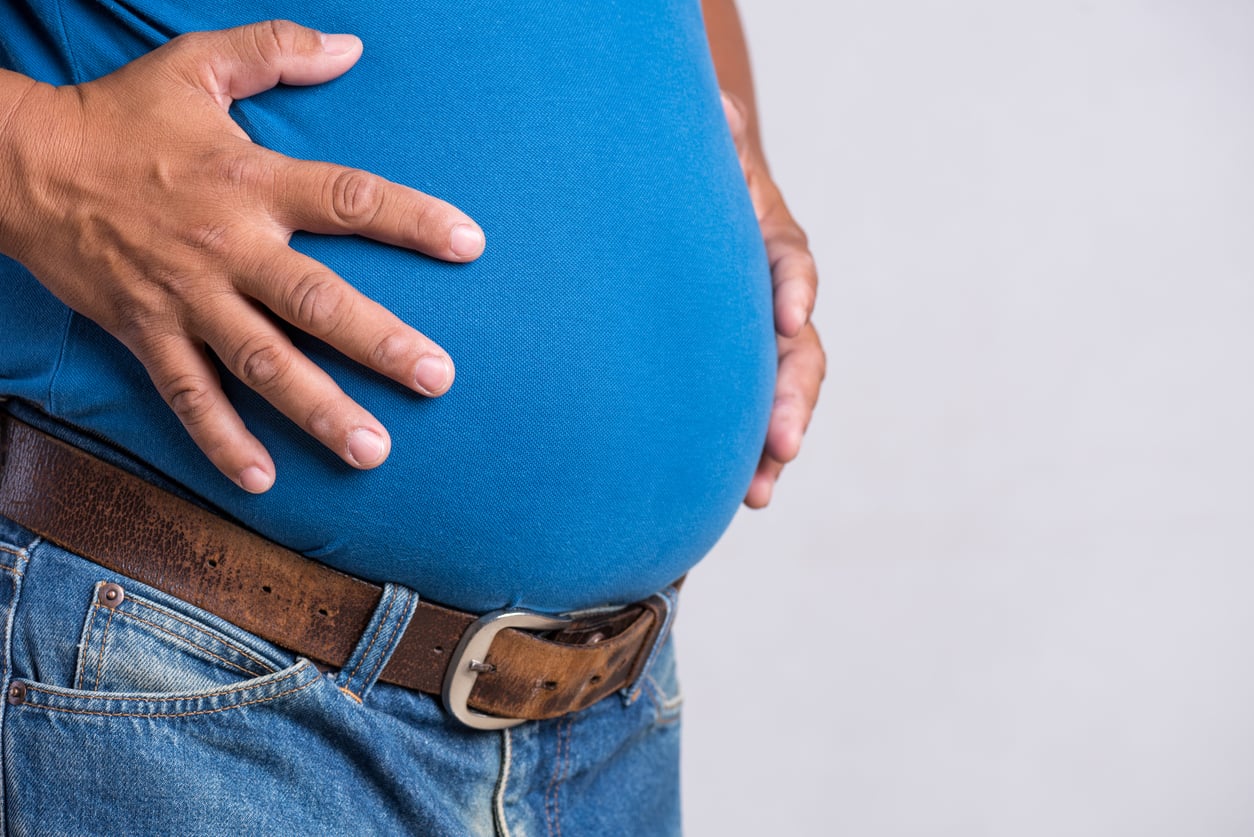
Backache
This may be due to the build-up of gas and stool in the intestines, which puts pressure on the muscles and nerves in the back. In addition, inflammation of the intestine can lead to pain in the lower back. constipation may also cause backache, as this can lead to straining during bowel movements.
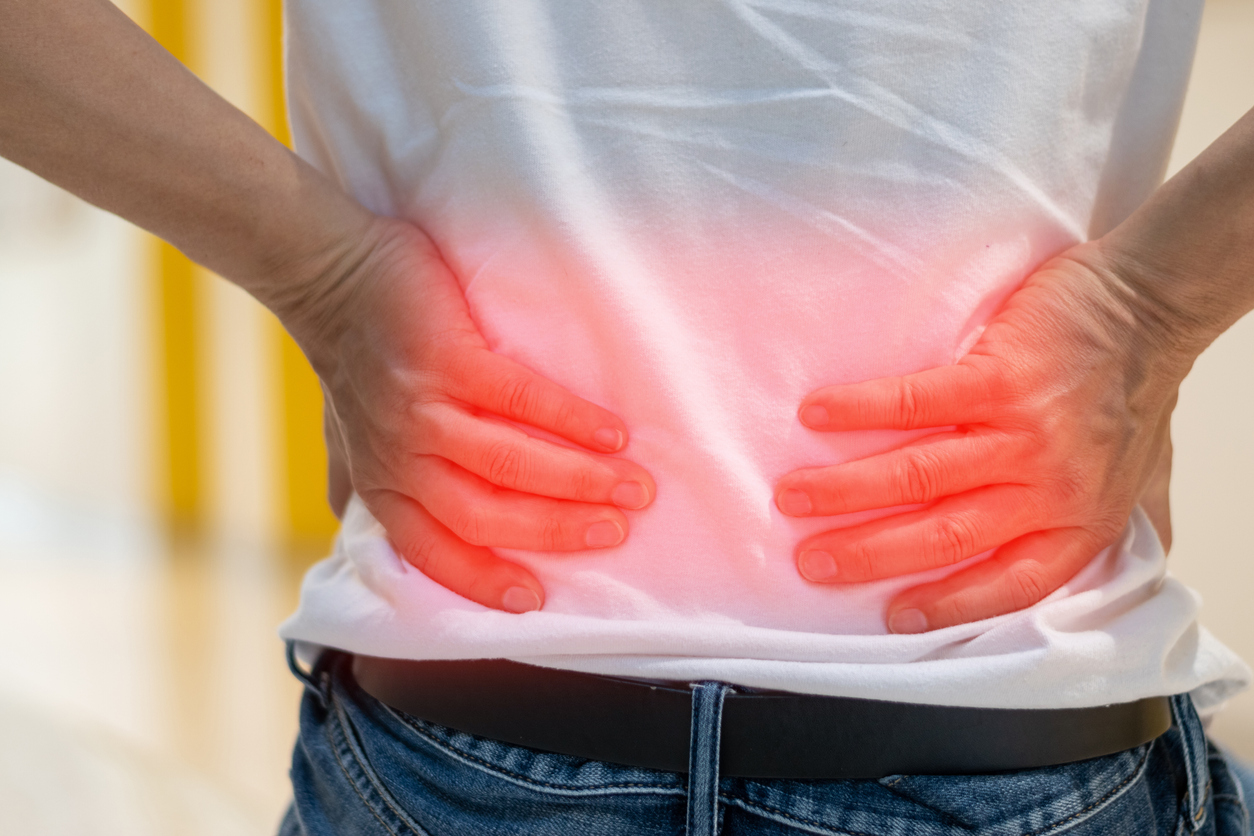
Incontinence
In some cases, people with IBS may also experience incontinence. This can occur when the muscles in the intestines are not able to properly control bowel movements. As a result, stool leaks out unexpectedly. Incontinence can be embarrassing and uncomfortable, but it is important to remember that it is a symptom of IBS and is not caused by poor hygiene or lack of willpower. If you are experiencing incontinence as a result of IBS, there are treatments available that can help.
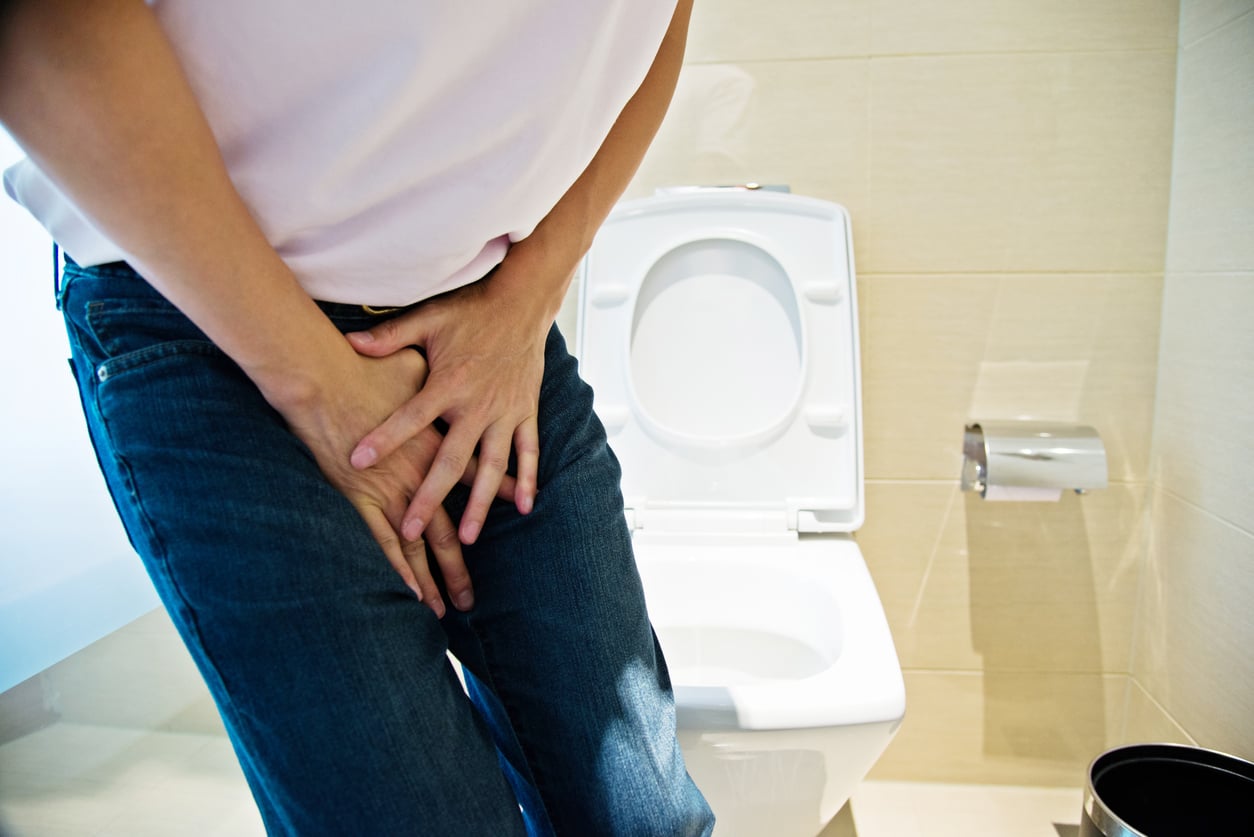
Bad Body Odor
IBS can also lead to bad body odor. This is because IBS can cause digestive problems that result in the production of excessive amounts of methane and sulfur gases. These gases escape from the intestines and are expelled through the breath and sweat, leading to an unpleasant body odor.

The Sounds of Indigestion
One of the less well-known symptoms of IBS is noise coming from the stomach or intestines. This noise, known as borborygmi, can range from a gentle gurgling to loud rumbling or even squeaking.

Fatigue
Fatigue is often caused by the body's inability to absorb nutrients properly, as well as by the stress of dealing with chronic pain and other symptoms. In some cases, fatigue can be so severe that it leads to depression and anxiety.

Sick Feeling
This feeling can be hard to describe, but it is often described as a sense of impending doom or feeling very unwell. It is often accompanied by other symptoms such as nausea, bloating, abdominal pain, and fatigue. For some people, the sick feeling is so severe that it leads to anxiety and panic attacks.


